As kitchen professionals, employing a baking stone can revolutionize your culinary creations, infusing them with a delectable balance of crunchy exterior and soft, succulent interior. However, falling prey to common baking stone mistakes can undermine these benefits, inducing frustration and infusing your dishes with inconsistency. This guide is crafted meticulously to untangle the nuances of using the beloved kitchen tool optimally.
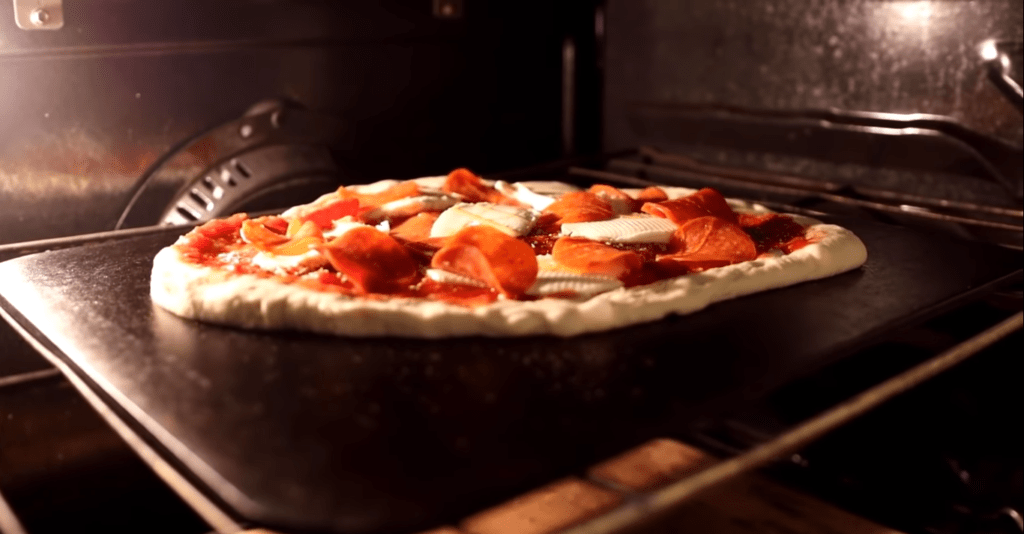
Avoiding Hasty Preheating Issues
Jumping into the joyous art of baking with undue hastiness may make you a victim of a rookie errorfailing to preheat the baking stone adequately. Preheating the stone helps in managing even heat distribution and ensures that your bread or pizza crust enjoys a splendid rise and bake.
Referencing the insightful guidelines on preheating tips for baking stones can provide a detailed method to develop this invaluable habit.
Choosing Inferior Dough
Even with the most impeccable baking stone practices, using dough of questionable quality can sabotage your prospects of achieving perfection. For kitchen professionals, it is crucial to emphasize the consistent use of premium ingredients, ensuring every bake cycles quality through and through.
Improper Cleaning Practices
Committing to improper cleaning routines can mar the stone's effectiveness over time. While cleaning, never soak the stone in water or use soap, as it can absorb into the stone, imparting an unsavory flavor to future bakes. Instead, use a brush and a dough scraper to maintain that ideal cleanliness.
For additional insights, you may find the blog post on baking stone vs baking sheet to be informative and instructive.
Not Leveraging Stones Versatility
Sticking exclusively to pizzas and breads limits the versatile potential of baking stones. A world of culinary possibilities lies unexploredfrom roasting vegetables to reheating leftovers with a delightful crisp.
Explore this rich diversity by visiting this comprehensive guide to enhance your expertise and unlock new dimensions in your baking journey.
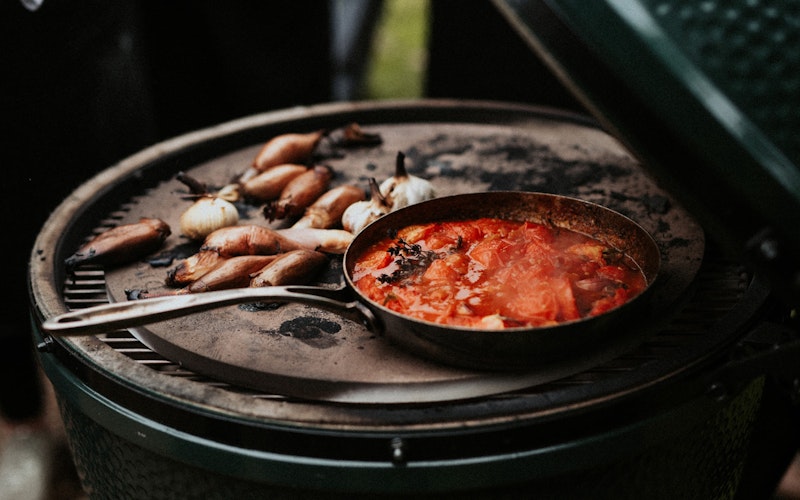
FA Q Section
Q: What material is best for a baking stone?
A: Stones made from cordierite material are most popular because theyre heat-resistant and durable, making them optimal for regular kitchen use.
Q: How often should I clean my baking stone?
A: Cleaning should be done gently after each use but without submerging it in water or applying soap. Use a brush to remove stubborn residues.
Q: Can I bake frozen foods directly on the stone?
A: It's not recommended as rapid temperature changes may lead to thermal shock, cracking your stone. Thaw frozen foods if possible, before placing them on a preheated stone.
With this in-depth understanding of common baking stone mistakes, kitchen professionals can effectively refine their techniques, paving the way for consistently delectable creations. For further exploration, refer to our detailed exploration of baking stones for frozen foods on our blog.
This article contains affiliate links. We may earn a commission at no extra cost to you.

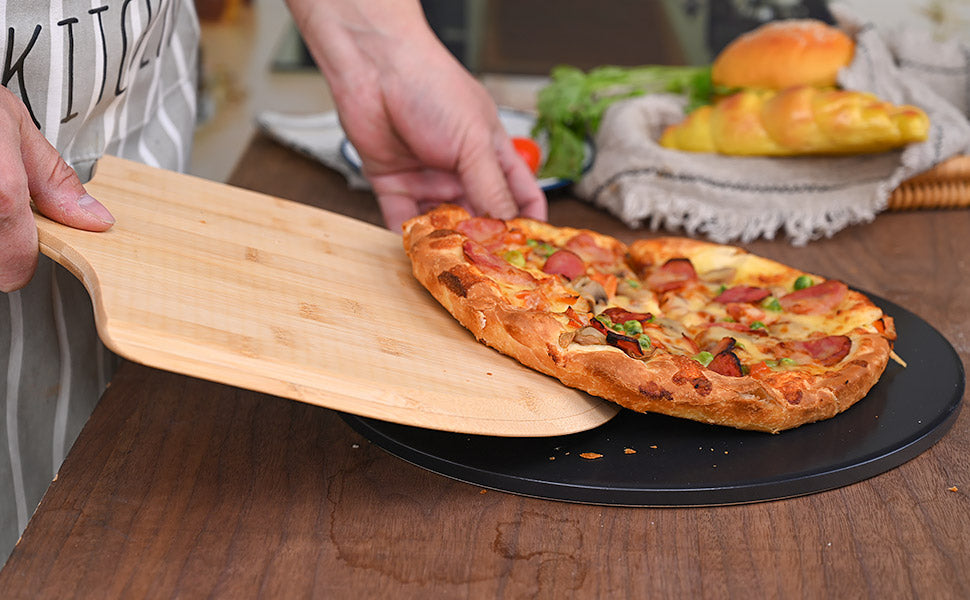


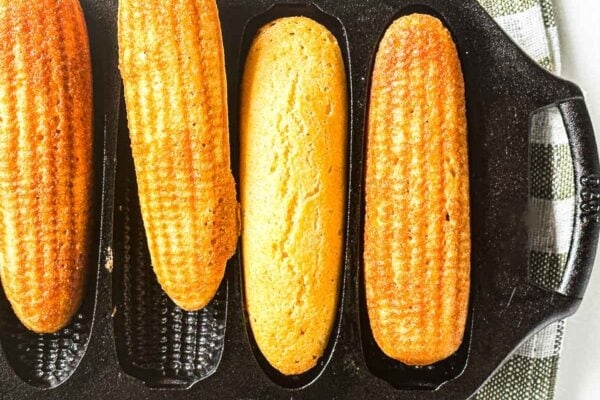
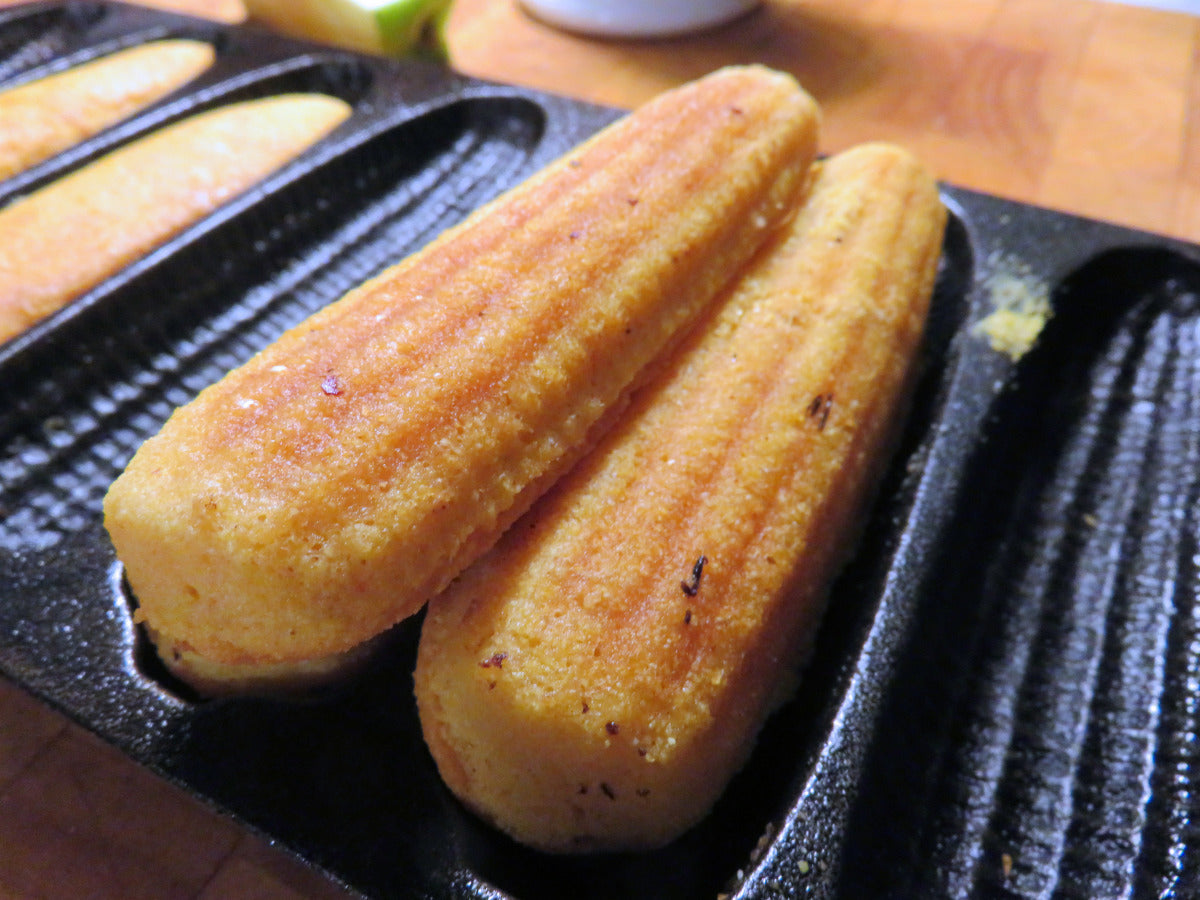
Leave a comment
This site is protected by hCaptcha and the hCaptcha Privacy Policy and Terms of Service apply.